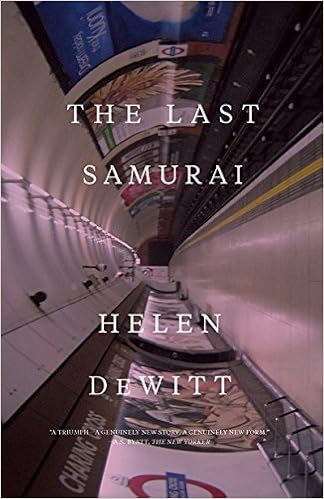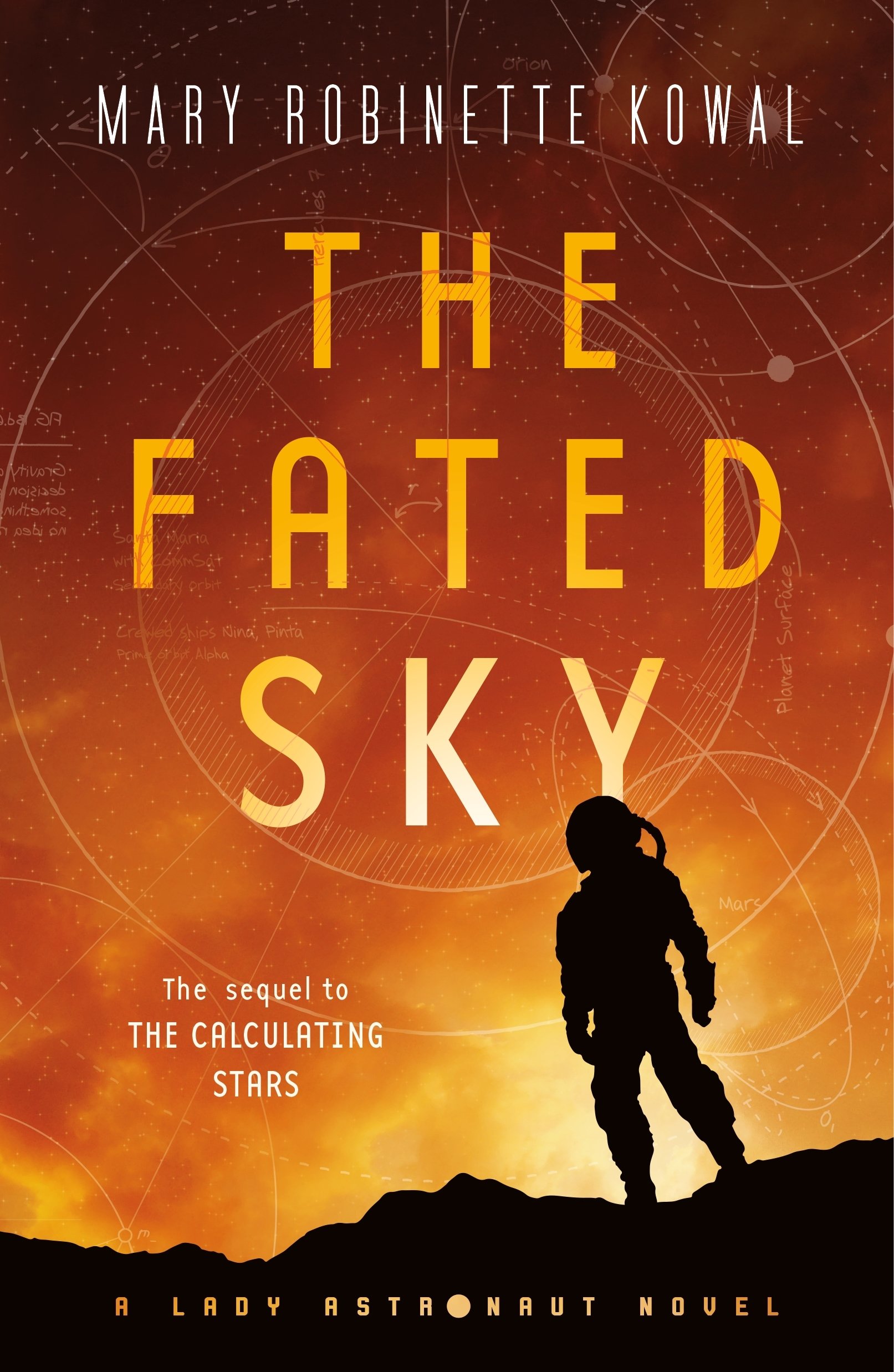Being so sick for so long meant I had very little strength to do anything. Even watching media took too much out of me -- I could watch about half an episode of something like
Brooklyn 99, for instance, and then I would be too exhausted to continue, and have to go lie down for awhile.
On the other hand, somehow reading wasn't exhausting at all. So I've read a lot over the past few weeks. These are the new books I read and finished. (I reread a lot of old books -- Connie Willis's
Passage, for instance, which is excellent; and
Middlemarch for about the 10th time, but I won't include those.)
 Helen DeWitt, The Last Samurai
Helen DeWitt, The Last Samurai
This is a
re-issue of a book published originally in 2000, which I didn't know when I picked it up. It's pretty much nothing like the sort of book I usually like, since DeWitt is playing with form and voice and structure, while my usual favorite books are straight-ahead narratives.
But I highly recommend this one. Despite the structural games, DeWitt never loses the reader, and despite the somewhat standard plot (boy searching for his father), the book is never less than fascinating. This is accomplished mostly through voice, I think -- we really like DeWitt's two main characters, and we never get tired of listening to them. It's also a real page-turner. I was caught from the opening pages, and despite being too ill to walk across the room, stayed up very late both days that I was reading this.
It's a big fat book, too, so if you like long narratives, that's another plus.
Sinclair Lewis, The World So Wide, Cass Timberlane
These are two of Lewis's lesser novels, one of which I had never read entirely, and the other I had never read at all. They're typical later Lewis -- a bored upper middle-class man and his marital troubles.
World So Wide takes us to Italy, and it's readable but nothing much happens.
Cass Timberlane is about being married in the Midwest in 1940. It's the better book, but neither is Lewis at his best. Recommended only for enormous Sinclair Lewis fans.
 Mary Robinette Kowal, The Fated Sky
Mary Robinette Kowal, The Fated Sky
This is the sequel to MRK's
The Calculating Stars, which I
liked a good deal. I expected to like this one even more, given the buzz around the interwebs about it, but in fact I didn't enjoy it nearly as much. MRK goes heavy on the science detail here, which isn't bad exactly, and probably some people will like it. Lots of minute detail about what an astronaut would say to another astronaut while establish orbit, data like that.
It's not
bad that all this detail is included, but it left less room for developing characters and scenes between the characters. I could have used more of that and less of the authentic detailing of astronaut business.
I'm hoping for a third book, though -- get us to Mars. Show us what settling the planet might be like.
Laurie King, Califia's Daughters

Laurie King writes the Sherlock Holmes series I like, about the elderly Sherlock Holmes and his young woman partner, which starts with
The Beekeeper's Apprentice. I do love that series, and if you haven't read it yet, it's so much fun.
This is an entirely different sort of book, and also a lot of fun -- though it gets grim in the middle, so be warned. It's about a post-apocalyptic world in which most men have died out, due to some sort of sex-linked virus. Women run the surviving world, and men are heavily protected (for their own good!). The main character is a young woman, Dian, who scouts and travels for her family, along with her pack of dogs. The best part is probably the relationship between Dian and these dogs. I'd read a sequel (there isn't one, sadly) just to spend more time with the dogs.
But it's also a great post-apocalyptic novel, for all y'all who (like me) love such things. Recommended!
John Varley, Irontown Blues
I love John Varley, especially his older books -- the stories and novels set in the Eight Worlds universe. So when this one showed up in my reccs, I bought it.
It's not a bad book. Very readable, as all Varley's books are. But it's just
Steel Beach rehashed. Meh.





